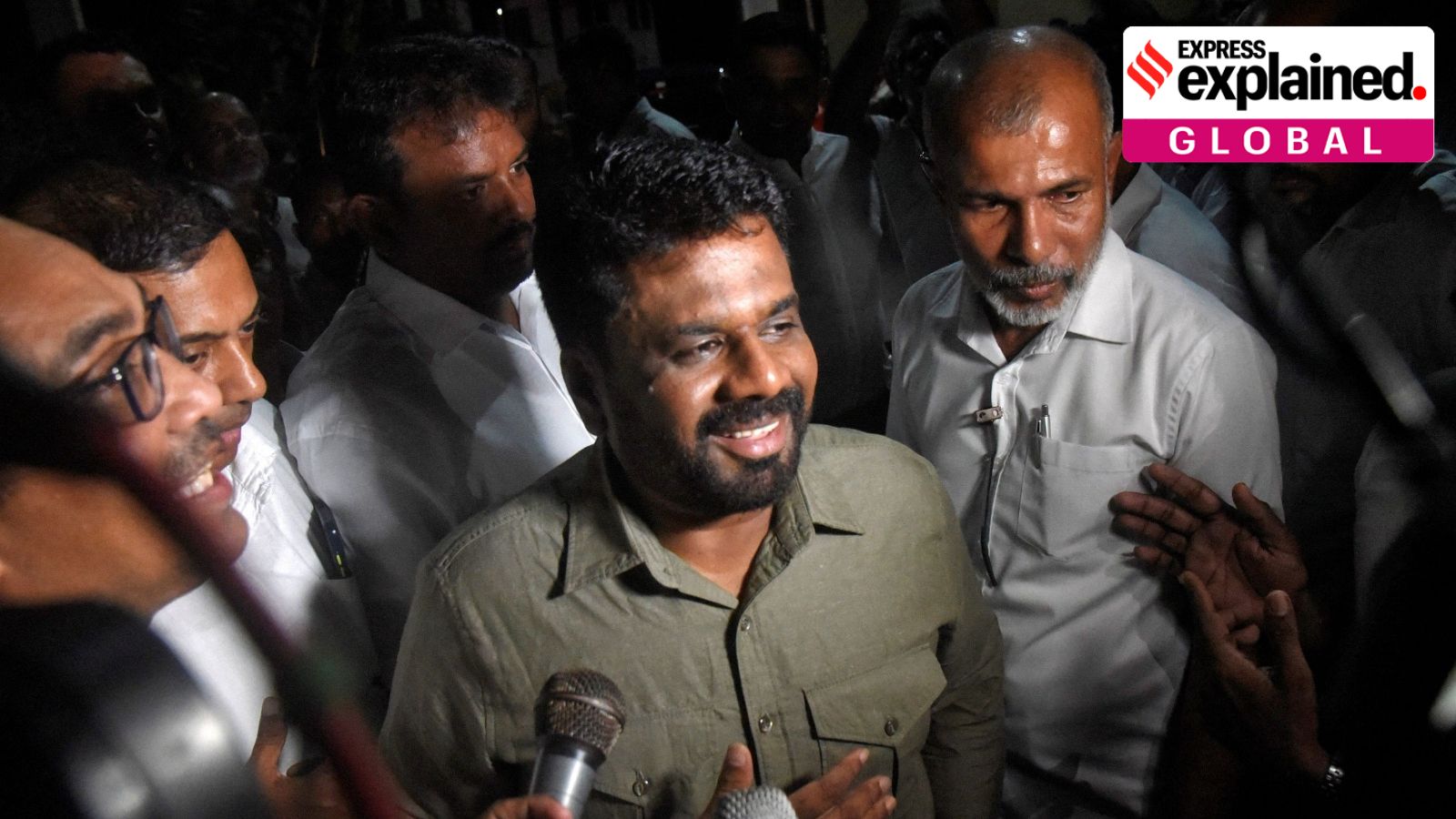 |
|
Sri Lanka has witnessed a historic shift in its political landscape with the election of Anura Kumara Dissanayake, a Marxist leader, as the country's new president. This victory, marking the first time a leftist party has secured the presidency, reflects the deep-seated frustration and disillusionment among Sri Lankans towards the established political order.
Dissanayake's rise to power can be attributed to the economic crisis that crippled Sri Lanka in recent years. The collapse of the Gotabaya Rajapaksa presidency, fueled by rampant inflation and shortages of essential goods, sparked mass protests demanding change. The JVP, led by Dissanayake, played a pivotal role in mobilizing these protests, capitalizing on the public's anger towards the ruling elite.
While Dissanayake's victory represents a significant departure from the traditional power dynamics in Sri Lanka, it also poses challenges for India. Dissanayake's stance on certain issues, particularly his opposition to the implementation of the 13th Amendment and his criticism of the Adani wind power project, could strain relations between the two countries. India has historically maintained close ties with Sri Lanka, and the new president's pro-China leanings raise concerns about a potential shift in Sri Lanka's foreign policy.
Despite these challenges, India is likely to prioritize maintaining stable relations with the new Sri Lankan government. The country's recent economic assistance to Sri Lanka during its crisis has earned it goodwill, and India is expected to leverage its role in helping Sri Lanka recover from the economic downturn. This will be crucial in navigating the complex political landscape that Dissanayake's presidency represents.
